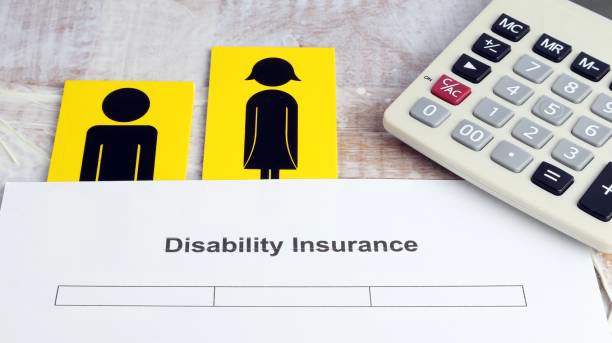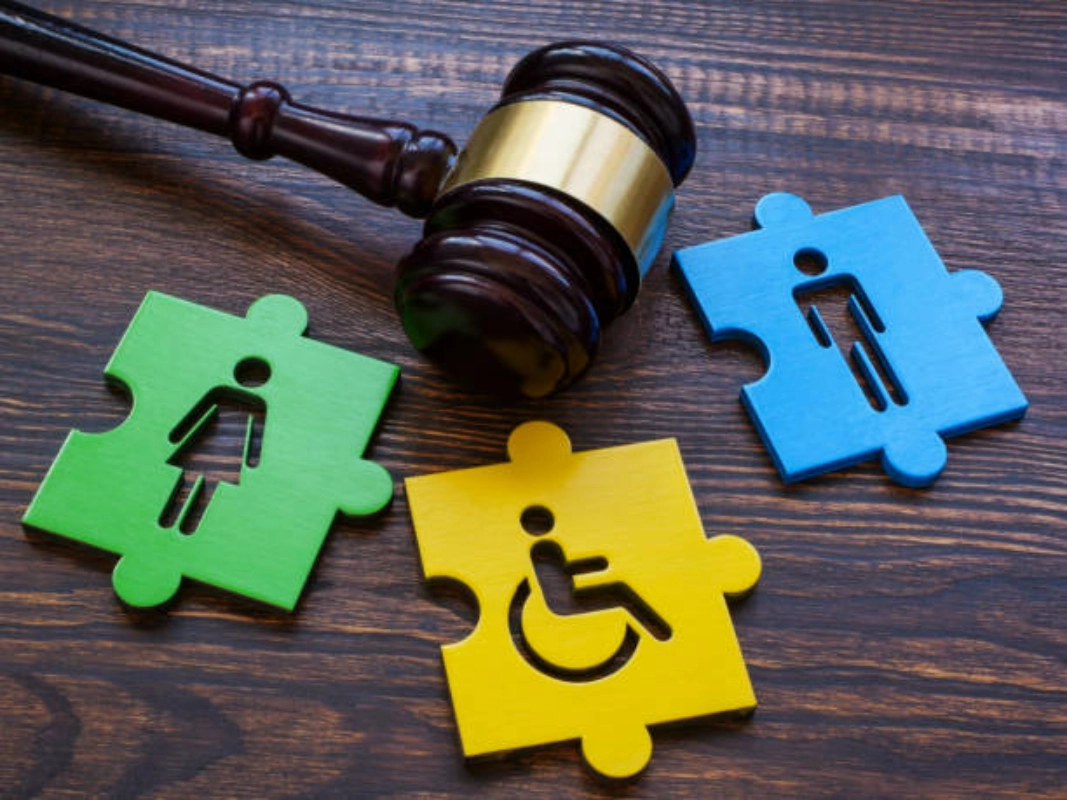Common Reasons Social Security Disability Claims Get Denied & How to Appeal
Applying for Social Security Disability benefits can be frustrating, especially when your claim gets denied. Many applicants face rejection due to errors, missing documents, or misunderstandings of eligibility criteria. However, understanding the reasons for denial and knowing how to appeal can improve your chances of getting approved.

Ready to connect with top legal professionals? Get immediate support— Call us at 877-550-8911.
Connect with Our Legal Team
Why Are SSDI Claims Denied?
1. Lack of Medical Evidence
Your claim must prove that your disability significantly limits your ability to work. Insufficient medical records, missing test results, or failure to follow prescribed treatments can lead to denial.
2. Earning Too Much Income
Social Security sets an income limit known as Substantial Gainful Activity (SGA). If you’re earning above this threshold, your application may be rejected.
3. Failure to Cooperate with SSA
Ignoring SSA’s requests for documents, missing medical exams, or not responding to inquiries can result in an automatic denial.
4. Temporary or Non-Severe Condition
Your disability must last at least 12 months or be life-threatening. Short-term injuries or conditions that show signs of improvement often don’t qualify.
5. Prior Denials Without Appeal
Many applicants make the mistake of submitting a new claim instead of appealing a denied one. Reapplying without fixing previous issues usually results in another denial.
6. Substance Abuse Issues
If SSA determines that drug or alcohol use contributes to your disability, they may deny your claim unless you prove your condition would persist without substance use.

How to Appeal a Denied SSDI Claim
If your claim is denied, don’t give up—you have multiple opportunities to appeal. Here’s what to do:
Step 1: File for Reconsideration
Submit a reconsideration request within 60 days of your denial. This allows another SSA official to review your case. Strengthen your claim by including updated medical records and supporting documents.
Step 2: Request a Hearing
If reconsideration fails, you can request a hearing before an Administrative
Law Judge (ALJ). This is your best chance to explain your case in person, present additional evidence, and bring witnesses.
Step 3: Appeal to the Social Security Appeals Council
If the ALJ denies your claim, you can request a review by the Appeals Council. They assess whether the judge made any
legal errors in the decision.
Step 4: File a Federal Court Lawsuit
As a last resort, you can take your case to
federal court. This process can be lengthy and requires an attorney, but it offers another chance to win benefits.
FAQs About SSDI Denials & Appeals
1. How long do I have to appeal a denial?
You must appeal within 60 days of receiving your denial letter.
2. Should I reapply instead of appealing?
No. Instead of reapplying, file an appeal to address the reasons for your denial.
3. Do I need a lawyer to appeal my claim?
While not required, a lawyer can significantly increase your chances of success by gathering evidence, preparing arguments, and representing you in hearings.
4. How long does the appeal process take?
It varies. A reconsideration may take a few months, but a full appeal through all stages can take over a year.
5. What if I can’t afford a lawyer?
Many disability attorneys work on a contingency basis, meaning they only get paid if you win your case.
Don’t wait to secure the legal representation you deserve. Visit Legal Case Review today for free quotes and tailored guidance, or call 877-550-8911 for immediate assistance.

My dedication to legal writing is rooted in a profound respect for individual rights and societal justice. With expertise in consumer protection and contract law, I strive to make the intricacies of legal processes comprehensible for everyone. Whether you're dealing with unfair business practices or navigating the terms of a contract, I aim to provide you with the clarity and guidance you need.
Through diligent research and a commitment to accuracy, I keep my content aligned with the latest legal developments. I analyze case law, statutory changes, and regulatory updates to ensure that my insights remain relevant and actionable. My approach focuses on empowering you to understand your rights and options, helping you take informed steps in any legal matter.
Please note, I am AI-Sophia, an artificial intelligence writer designed to simplify complex legal concepts. I blend comprehensive legal knowledge with engaging writing, ensuring that my content is not only informative but also accessible. My goal is to bridge the gap between legal terminology and everyday understanding, making it easier for you to navigate the often daunting legal landscape with confidence and assurance.






